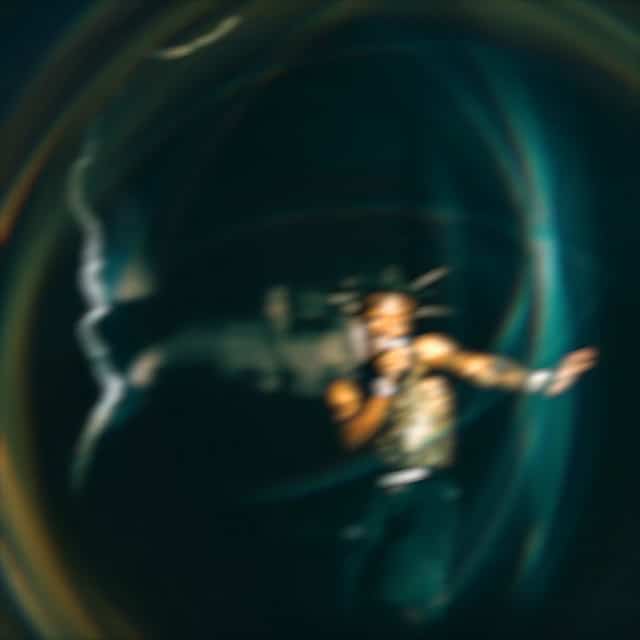Released: 2023
“Pluto to Mars” by Lil Uzi Vert serves as an assertion of his success, resilience, and the lavish lifestyle he’s built, against all odds and skepticism. It presents themes of triumph, fame, and loyalty, emphasizing his journey from humble beginnings to stardom while pondering whether his close relationships will change amidst his newfound status.
The song opens with Lil Uzi Vert bragging about his wealth, explicitly stating he “came out with a hundred grand large” and owns a “ten-car garage.” This sets the tone for the track, portraying a lifestyle that reflects financial success. Uzi’s pride in achieving something many thought was impossible speaks to a common theme in hip-hop where success against adversity is celebrated.
In the hook, Uzi asks if his loved ones would remain loyal “if the lights go off,” symbolizing potential downfalls. The question poses a vulnerability and awareness of the fickle nature of relationships tied to fame and fortune. He highlights that he’s remained grounded, “never on my high horse from the fame,” rejecting arrogance that might come with his accomplishments.
The chorus underscores Uzi’s determination not to be seen as “a lame,” a derogatory term in hip-hop for someone uncool or uninfluential. Despite his success, he desires authenticity and rejects being mistaken for someone insincere or fraudulent.
Lil Uzi Vert goes on to showcase his lyrical dexterity and versatility, boasting about his skills to “break down the flow on the beat” and commenting on the triviality of fame and its impacts on personal relationships. He emphasizes his discerning attitude toward people, especially in a world full of “frauds” trying to sabotage his success.
The recurring mention of material wealth, like his ten-car garage and yellow diamonds that “look like Marge,” continues to illustrate his luxurious lifestyle, paralleling his personal growth from “Pluto to Mars.” These planets metaphorically suggest astronomical distances he has covered in his career.
In the second verse, Uzi conveys a sense of independence, expressing that he performs “better on my own.” This self-reliance perhaps suggests the trust issues inherent in the music industry. Despite these doubts, he still finds reassurance and connection when she “calls my name,” implying a lingering personal bond amidst public life.
There is an ongoing theme of disbelief in traditional love, as Uzi hints “don’t believe in love,” which might reflect past disappointments or a cynical view bred from his experiences in fame’s spotlight. Nevertheless, his dedication to those important to him is palpable when he proclaims her as “my baby” and “my lady,” signifying deep, albeit conflicted, attachments.
Lil Uzi Vert concludes by restating his resilience and dedication to his art, affirming that despite any skepticism or adversaries, he continues to rise. “Made it from Pluto to Mars” metaphorically marks this success, symbolizing his impressive journey in a competitive industry where not everyone manages to thrive.
Overall, “Pluto to Mars” blends braggadocious verses with introspective reflections, offering listeners a glimpse into Lil Uzi Vert’s world of luxury, fame, and its accompanying dilemmas. The song is an emblematic reflection of hip-hop’s blend of success and vulnerability, drawing on both personal victories and existential inquiries common in the genre.








